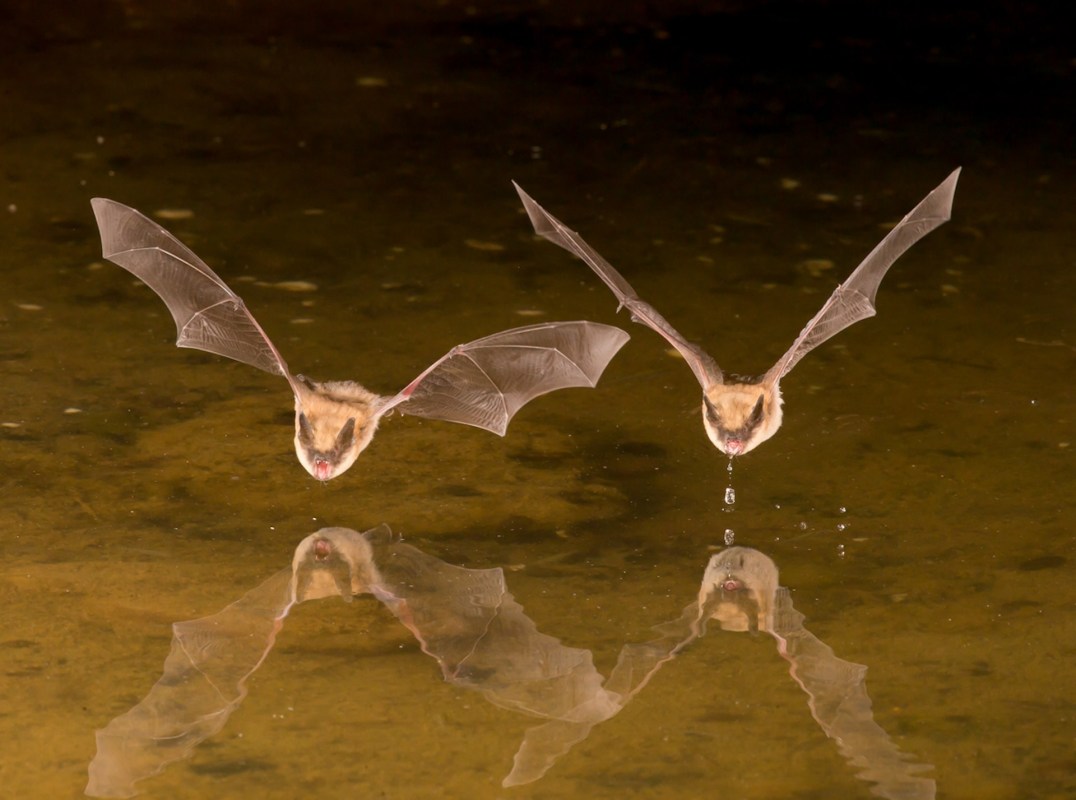Getting bitten by a vampire bat certainly sounds like something to avoid in the first place, but a new report says vampire bats and the rabies they can carry are an increasing threat in the U.S. due to changing weather patterns caused by pollution.
What is happening?
According to a new study published in Ecography titled "Climate change linked to vampire bat expansion and rabies virus spillover," the habitats of these bats that live in tropical ecosystems are expanding due to rising temperatures.
"Our retrospective analysis revealed a positive relationship between changes in climate and the northern expansion of the distribution of [vampire bats] in North America," the study's abstract says.
Why is this concerning?
Though rare in the United States, rabies is an extremely serious disease. "Once clinical symptoms appear, rabies is virtually 100% fatal," the World Health Organization writes. The disease is more prevalent in tropical climates and is categorized by the WHO as "one of the neglected tropical diseases (NTD) that predominantly affects already marginalized, poor and vulnerable populations."
However, as global temperatures rise, the study shows that vampire bat populations are moving north from Latin America toward the United States.
And while it is bad news for humans, rabies is even more of an immediate threat to livestock populations. According to a 2020 United States Department of Agriculture report, rabies costs the Mexican livestock industry more than $46 million per year.
What is being done about it?
The USDA is taking steps to mitigate rabies outbreaks in livestock populations, having implemented a program that monitors cattle populations for the disease and a campaign to educate farmers on the signs of vampire bat bites.
"This bat species causes a lot of concern in agriculture due to its ability to transmit diseases, injure livestock, and cause infections. Rabies is the most obvious issue because of livestock welfare and potential to infect humans," Gary Joiner, a spokesperson for the Texas Farm Bureau, told Wired.
Join our free newsletter for cool news and cool tips that make it easy to help yourself while helping the planet.









